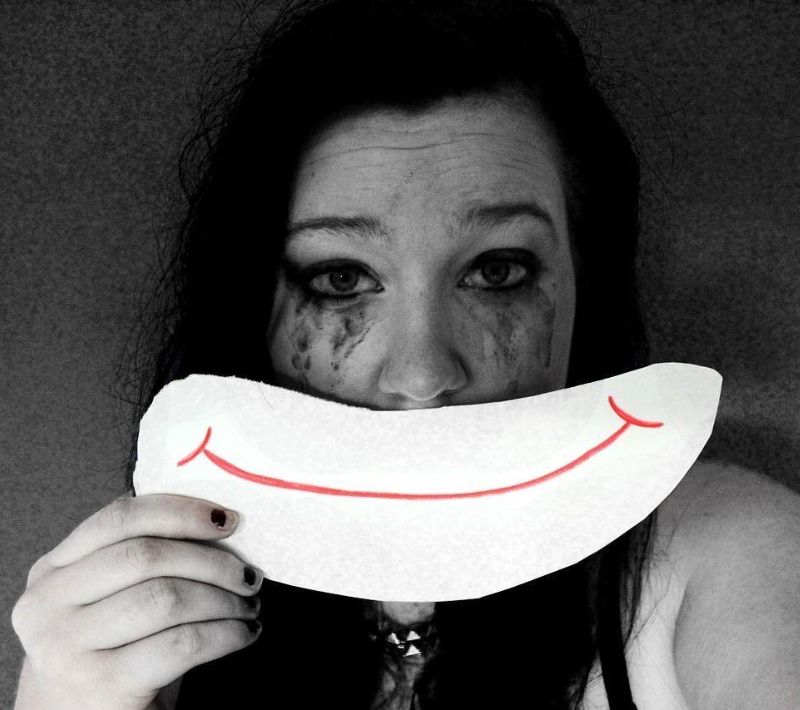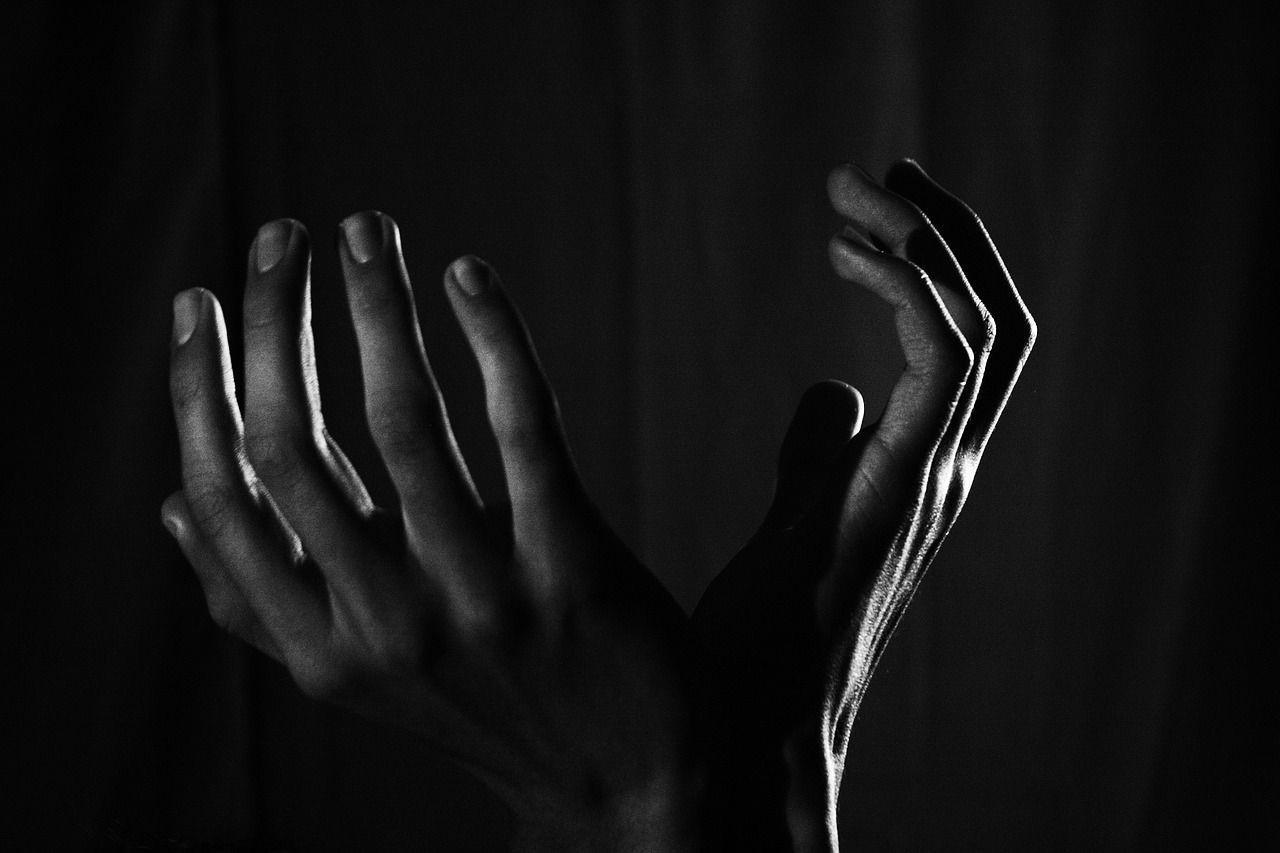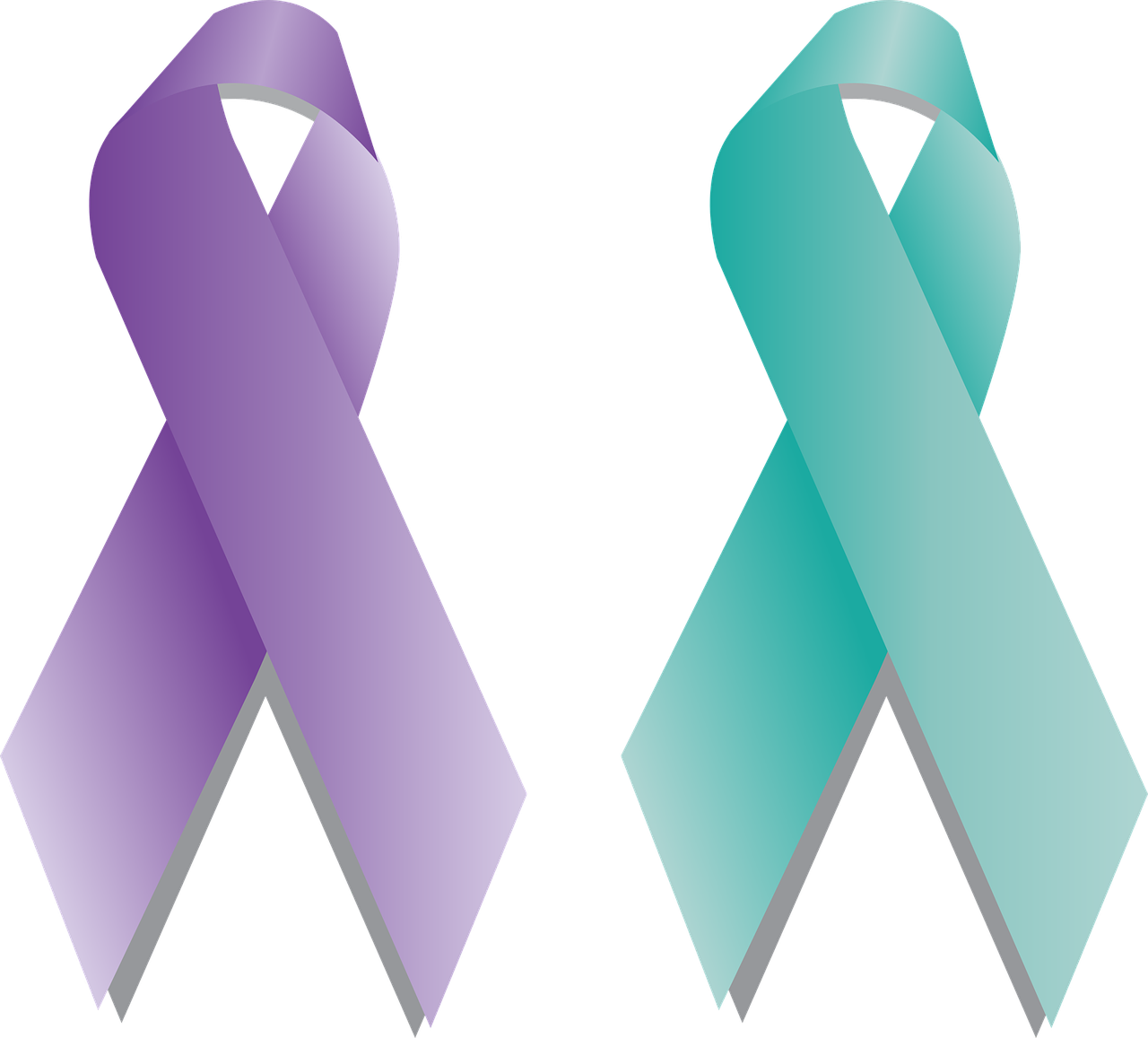Mental Illness: A Recourse or A Disease?

Mental Illness: A Recourse or A Disease?
According to the American Psychiatric Association (APA) “Mental illnesses are health conditions involving changes in emotion, thinking, behavior or a combination of these . Mental illnesses are associated with distress and/or problems functioning in social, work or family activities.”
When people hear mental illness they immediately become guarded and some become judgmental. This attitude towards mental health makes it hard for people who suffer from mental illnesses to live normal lives.
Mental health is the same thing as physical health, the only difference is that it is more delicate and needs to be addressed more often. It is a misconception that people living with mental illnesses are strange or abnormal, yes, they might need extra care but that doesn’t mean they are any less human.
There are various mental illnesses, some are common while others are rare. Some common mental illnesses are;
- Depression
- Anxiety disorders
- Personality disorders
- Obsessive-Compulsive disorder
- Schizophrenia
- Phobias
- Bipolar disorder
Depression
This mental health disorder is the most common. People of different age groups suffer from this illness but the youths are mostly affected. It is characterized by feelings of exhaustion, low self-esteem, low appetite, decreased libido and hopelessness.
Depression can make you feel like no one cares about you, it can make you see life as not worth living. In its critical phase depression can make you have suicidal thoughts. Knowledge of how to deal with those thoughts when they come could save your life.
Anxiety Disorders
This occurs when an individual feels constantly anxious about everything or a particular set of events. A person suffering from anxiety can become overwhelmed and have panic attacks.
Post-traumatic stress disorder is a type of stress disorder when a person has anxiety over a particular traumatic event and begins to panic when it looks like that same event is about to take place. Anxiety disorders can make it hard for the affected person to get enough sleep.
Personality Disorders
A person with a personality disorder has problems with the way they feel about themselves. Sometimes, it can extend to the way they feel about others. They also find it very hard to adapt their thoughts and feelings positively.
Obsessive-compulsive Disorder(OCD)
Contrary to what a lot of people think. Some applaud the individual’s desire to have his/her environment clean and tidy. Whereas, OCD is not a cute condition. OCD is more complicated than that. A person with OCD frequently has obsessive thoughts, worries, urges and feels compelled to do something to make those thoughts go away.
Schizophrenia
This is a psychiatric condition where a person has difficulty organizing thoughts and speech and concentrating on a particular thing or task. Some of the symptoms of schizophrenia are hallucinations and disinterest in everything including personal welfare.
Phobias
Almost everyone has that ‘something’ that scares them very badly and makes them just want to run screaming to their MAMA. Phobias however, are mental illnesses caused by particular events in a person’s life. It is a condition of extreme fear that could make a person shake all over, faint, or even do physical harm to his or herself.
Bipolar Disorder
A disorder associated with episodes of manic high and depressively low mood swings. It also affects the energy level of the individual causing him/her to have unusual or no interest in normal activities.
TRIGGERS OF MENTAL ILLNESSES

Some triggers of mental illnesses include;
1. Disappointment: Some people who have high expectations about something could suffer severe disappointment when things just don’t work out the way they hoped. People who bet on football games, invest on a particular product or fall deeply In love with someone can fall into depression when they lose or get their hearts broken. This disappointment that led to depression would later lead to anxiety disorders.
2. Grief and loss caused by tragic events: Loss of parents or loved ones especially at an early age of one’s life could mess up a person’s mind and lead to mental illness. Most times when a child loses his or her parents he/she suffers from some form of neglect, these feelings of neglect can trigger depression, psychosis and schizophrenia. The fear of losing another loved one or another parent can also cause anxiety disorders in individuals. Loss of property and displacement can also trigger mental health problems in persons who were victims of war or natural disasters.
3. Physical Illness: Long term physical illness can result to mental illness. Illnesses like diabetes if not treated can also be a trigger. A person who also cares for a sick person for a long time should be mindful of their mental health because they run the risk of becoming mentally ill.
4. Loneliness and lack of physical contact: Loneliness and lack of contact with people can trigger mental illness. Most times, people who have spent so much time living alone without contact with the outside world find that they lose touch with reality, some begin to hallucinate and converse with inanimate objects and animals.
5. Discrimination and stigma: Individuals who suffer from discrimination and stigma are prone to mental illnesses like depression, anxiety and personality disorders. Discrimination causes an individual to feel worthless, powerless and anxious. Stigma could also cause withdrawal from society because the individual believes everyone dislikes him/her and is out to get them.
6. Head Injuries and Tumors: Major injuries to the head can also affect the brain’s network and trigger mental illness in a person. Brain tumors as they progress are associated with mental disorders like bipolar disorders and schizophrenia.
7. Abuse: Physical, sexual and emotional abuse during childhood and adulthood triggers the development of mental disorders including depression and anxiety disorders. Trauma tends to affect children more. So, a child who is exposed to traumatic events especially those orchestrated by their loved ones or people they are familiar with will most likely develop a mental disorder.
Substance abuse messes with your brain in terrible ways. Taking hard drugs like marijuana and cocaine can trigger the development of mental disorders in a person or even the people (particularly children) living around them.

MENTAL ILLNESSES AS AN INHERITED CHARACTERISTICS
Scientists are striving to find out why someone who has a relative with a mental illness has higher chances of getting that same mental illness. It could be the genes but it can also be that people who are related tend to live together and because of that have related social and environmental experiences.
Still there are people with mental illness who have no family history of the illness, because of this, scientists are still unsure if most mental illnesses can be inherited. Schizophrenia and Alzheimer, however, are mental illnesses that are hereditary.
MENTAL ILLNESS AND ACCEPTANCE IN SOCIETY
The media has contributed to the way people look at mentally ill people. All those horror movies where the crazy guy holes up somewhere, begins catching people and cuts them into pieces have shaped our ideas on mental illness. These movies and even books have caused a lot of people living with mental illness to struggle with societal acceptance because people discriminate against mentally ill people.
There is this derogatory term “mentally unstable” which is used to refer to people with mental illness. It is wrong to see a person suffering from mental illness as dangerous and volatile because they are not, a mentally ill person is not a serial killer by default.
Another reason why people stay away from mentally ill people is because most of them believe that having a friend who is suffering from mental illness could be a big chore as they would have to put up with a lot of things and they just can’t deal with that. This is so not true. Mental illness is just like any other medical issues we face in life, like having severe acne or arthritis, people with mental illness should be accepted and supported and not discriminated against.
PRENATAL CAUSES OF MENTAL ILLNESS
Drugs, alcohol, illness of the mother and physical injury to the fetus can cause mental illness in the unborn child. Women who go through trauma and stress have high chances of giving birth to a mentally ill baby.
Substance abuse is also a sure way to ensure that your baby comes out mentally ill. Drugs and caffeine impair brain development causing most babies whose mothers took drugs and caffeine during pregnancy to be born with autism. Expectant mothers should pay special care to their health and whatever they eat or drink.

POVERTY AND MENTAL ILLNESS
Poverty and mental illness go ‘hand in hand’. Persons of low economic status have a higher risk of developing mental illness. This is because economic stresses like low income or unemployment can create anxiety in parents and children. Low economic status also reduces the chances of getting adequate nutrition or growing up in a nice and peaceful environment.
Low income could also cause problems in the household. Children who grow up in dysfunctional families where there are fights and quarrels daily develop mental disorders. Children of low socio-economic status also suffer from neglect because their parents have to work from dawn to dusk to survive and have little or no time to actually raise these children.
TREATING MENTAL ILLNESS
Mental illness will not last forever, if adequately treated, symptoms disappear with time and care. It is important that you first accept that you are ill then seek treatment
immediately so you can settle down and live your best life.
There are many ways to treat mental illness. Two major ways are through PSYCHOTHERAPY or MEDICATION.
MENTAL ILLNESS AND RELATIONSHIPS
People living with mental illness need caring partners who understand them and are ready to help them get through every day. A person who constantly makes you feel like you are a burden or abnormal should not be in your life. Your support network of family and friends can help you get through a lot of hassle. Here are some tips that could help you in your relationship;
-
- Talk to your family and your partner: The importance of talking to your family and your partner can never be overemphasized. Tell them how you feel and see how they show you love. Do not think keeping it to yourself will make things better or make you seem more “normal”. Do not let your pride get in the way of communication in your relationship. TALK! it never hurts.
-
- Inform them on your triggers: Your partner and your family should be aware of what triggers you into crisis and should know ways to avoid them or manage them if they are unavoidable.
-
- Spend quality time with friends and family: Spending time with people who love you and connecting with family and friends can help you cope with your illness. The feeling that you’re not alone and that you have people who do not judge you can get you out of a crisis.
-
- Spend time with nature: A few minutes or hours spent staring at the skyline, basking in the sun and watering flowers can help you build a relationship with nature and your surroundings and make you feel more grounded and in touch with reality.
-
- Exercise: Take a walk down the neighborhood and breathe fresh air. Do a few laps nothing too stressful, just to clear your mind and keep you grounded it helps a lot.
As hush as people might be about mental illness, the fact remains that a whole lot of people are living with mental illness and living well. It is pertinent to know that genetic make-up and individual mental characteristics determines their susceptibility to certain mental disorders. We all have our breaking limit and this varies from individual to individual.
Emotional and physical stress might seem trivial but they have dire consequences. Piece of advice for the lot of us: Eat right, smile, take a walk, talk to someone, breathe, take your medication! Be well.

All images are sponsored by Pixabay License, Free for commercial use and no attribution required
She's a beauty and an exquisite lady who enjoys the high life in writing and poetry. Her writing style and prowess is innovative and focuses on the feminine perspective, bringing nothing but wholesome gratification to the African, Afrocentric and Afro-American women at large

